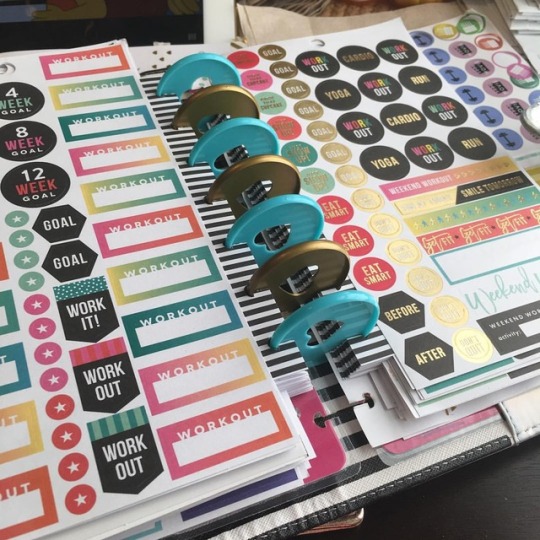#SetRoutine
Text
The benefits of journaling for mental health

Mental health is something that affects us all at some point in our lives and it is important to take care of it. One of the best ways to do this is through journaling. Journaling is a great way to express and process our feelings, thoughts, and experiences.
What is Journaling?
Journaling is simply the practice of writing down your thoughts, feelings, and experiences in a journal or diary. It can be as simple or as complex as you like. You can use it to reflect on the events of your day, to express your emotions, or to plan and organize your life. It can also be a tool for self-discovery and personal growth. No matter how you use it, it is an effective way to get your thoughts out and to gain clarity on what is happening in your life.
Benefits of Journaling
Journaling has been shown to be an effective way to improve mental health. Here are some of the benefits of journaling:
Improved Mood: Studies have shown that journaling can help to reduce stress and anxiety, as well as improve overall mood. Writing about your feelings and experiences can help you to process them and make sense of them.
Increased Self-Awareness: Writing down your thoughts and feelings can help you to become more aware of yourself and how you are feeling. You can start to identify patterns in your thoughts and feelings, and this can help you to make changes or take action if necessary.
Improved Problem-Solving Skills: Writing down your thoughts and feelings can help you to work through problems and find solutions. Writing can help to make sense of a situation and provide clarity on how to move forward.
Increased Creativity: Writing can help to clear your mind and open up new pathways for creative thinking. It can also be a great way to express yourself and explore new ideas.
Improved Self-Esteem: Writing down your thoughts and feelings can help you to recognize your strengths and weaknesses and build self-esteem. By writing regularly, you can start to understand yourself better and appreciate your own unique qualities.
Tips for Starting a Journaling Practice
If you are new to journaling, here are some tips to get you started:
Choose the Right Journal: Choose a journal that feels comfortable to you and that you will enjoy writing in. You can find journals in all shapes, sizes, and materials.
Set a Routine: Set aside a certain amount of time each day or each week for journaling. Choose a time that works for you and stick to it.
Be Honest: Be honest in your journaling. Don't censor yourself or try to be perfect. Allow yourself to express your feelings and thoughts without judgment.
Start with Questions: If you are having trouble getting started, try writing down a list of questions to help you get your thoughts flowing.
Add Visuals: If you are a visual person, you can add pictures, drawings, or illustrations to your journal to help express your thoughts and feelings.
Find Inspiration: If you are feeling stuck or uninspired, try reading other people's journals or looking at inspirational quotes.
Final Thoughts
Journaling is an effective way to improve your mental health. It can help to reduce stress and anxiety, and increase self-awareness and problem-solving skills. It is a great way to express yourself and explore your thoughts and feelings. If you are new to journaling, start with a comfortable journal and set aside a certain amount of time each day or week to write. Be honest and open in your writing, and don’t be afraid to add visuals or find inspiration from other people’s journals. With a regular journaling practice, you can start to gain clarity and insight into your own thoughts and feelings.
#MentalHealth#TakingCare#Journaling#ExpressFeelings#ProcessFeelings#ReflectEvents#SelfDiscovery#PersonalGrowth#ImproveMentalHealth#ReduceStress#Anxiety#SelfAwareness#ProblemSolving#CreativeThinking#SelfEsteem#FindSolutions#UnderstandYourself#AppreciateQualities#ChooseRightJournal#SetRoutine#BeHonest#WriteQuestions#AddVisuals#InspirationalQuotes#GainClarity#InsightThoughts
0 notes
Photo

#planning my #workouts aren’t easy since I do t have a #setroutine 🙄#mambi #happyplanner #stickers #plannerbabe #ugh
0 notes